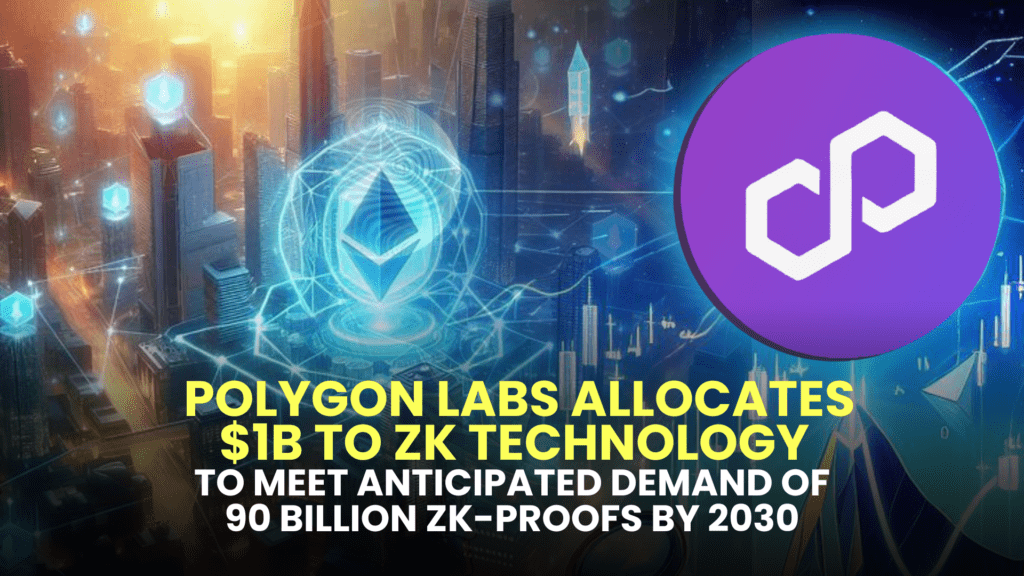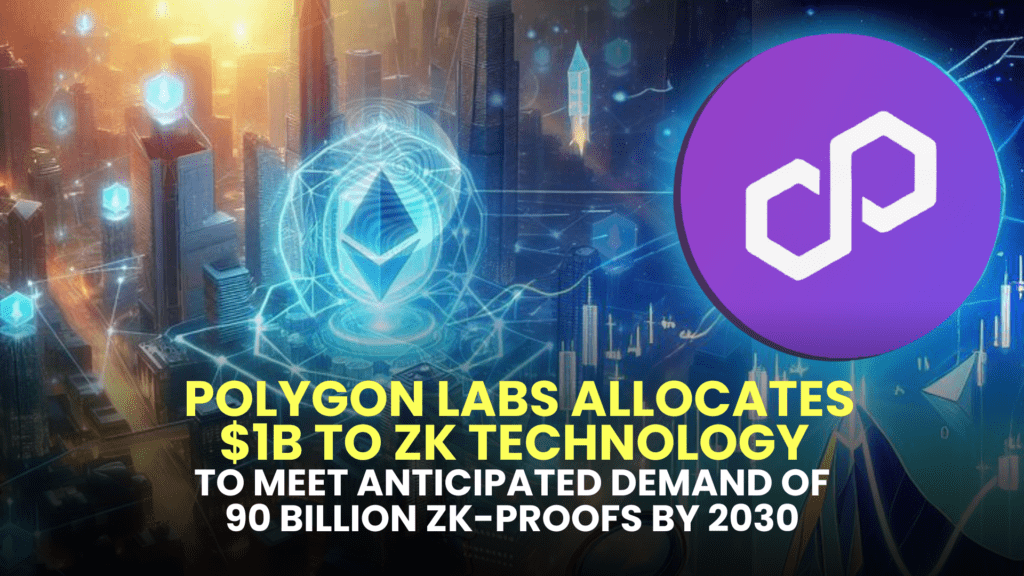
Polygon Labs Acquires Toposware
Polygon Labs has acquired blockchain research and engineering firm Toposware, marking its third investment in zero-knowledge (ZK) startups over the past three years.
Toposware has been working with Polygon Labs to develop its Type 1 Prover, which enables Ethereum-compatible blockchains to adopt zero-knowledge proofs without major changes. The acquisition will integrate 11 engineers from Toposware into Polygon’s existing ZK development teams.
Significant Investment in ZK Technology
Polygon stated that this deal brings its total investment in ZK technology to over $1 billion. In 2021, Polygon acquired two other companies focused on Ethereum scalability and privacy, Mir and Hermez, for a combined $650 million through multiple transactions.
Understanding Zero-Knowledge Technology
It is worth noting that zero-knowledge technology allows one party to prove the truth of a statement to another party without revealing additional information. In blockchain, this enhances privacy by enabling transaction validation without disclosing transaction details.
Polygon’s Commitment to ZK Research
“We are always exploring potential acquisitions to strengthen our ZK research and development efforts,” a Polygon spokesperson told Cointelegraph, adding that no other deals are currently being considered. “ZK technology is propelling our efforts on multiple fronts.”
Web3 services alone are predicted to require approximately 90 billion ZK-proofs by 2030, equivalent to 83,000 transactions per second. Several crypto firms, including StarkWare and Matter Labs, are also working on ZK technology.
Trademark Dispute Over ZK Technology
A recent trademark dispute has erupted over ZK technology, with Matter Labs, the company behind the layer-2 solution zkSync, attempting to trademark the term “ZK.” Following backlash from researchers and the crypto community, Matter Labs dropped the request. Polygon viewed the move as an attempt to monopolize a shared innovation.
“This is a serious issue. They are essentially trying to steal people’s hard work. We believe that ZK is a common good,” Polygon stated. “We are glad they have decided to abandon their ‘ZK’ trademark; however, they are seeking other ZK-related trademarks that we still view as highly problematic.”
Conclusion
Polygon’s ongoing investments and strategic acquisitions highlight its commitment to advancing ZK technology, aiming to enhance blockchain scalability, privacy, and overall performance.


